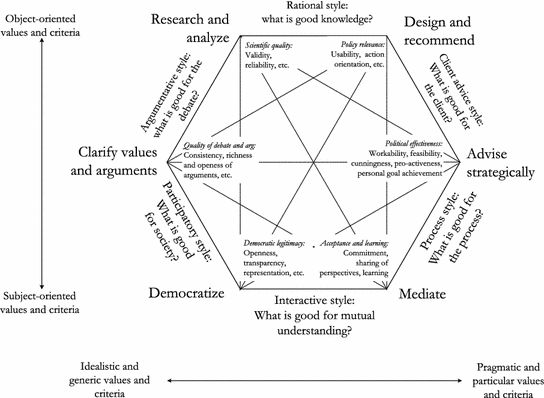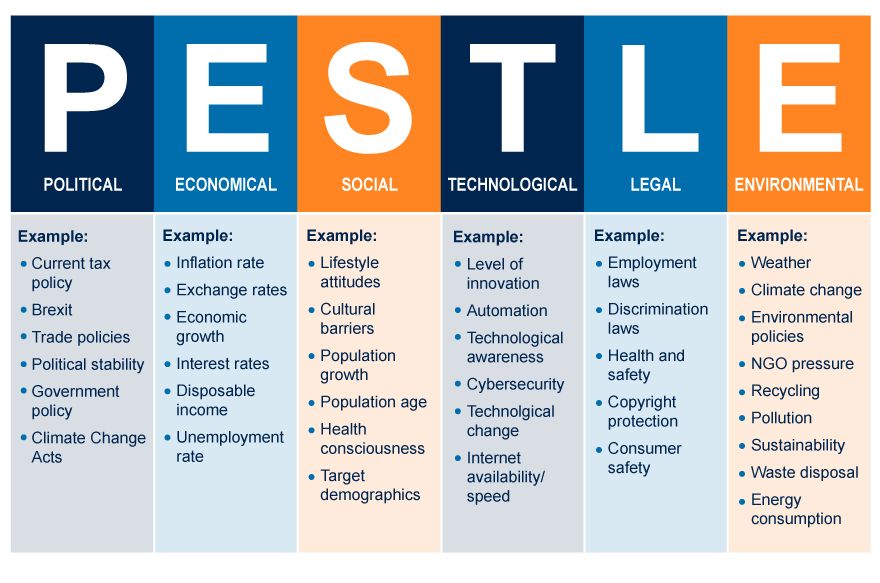
@zazizoma and I had agreed that, in order to make the most of SFER, we needed to translate the idea of “Paris Agreement-compliant economy” into concrete policy objectives, for example “improve thermal isolation of 50% of the built stock by 70%”. This poses a concrete challenge: how much does it cost? What regulatory instruments do we have in place? What are the distributive implications? Will it create spatial segregation between the haves- and the have-nots? SFER’s job is then to invent a future history where those challenges have been won.
Furthermore, I heard from @nadia @iouxo and Daniel (@dkaplan ) that anchoring this process onto the Messina area is a good idea. It reduces the (still daunting!) cognitive complexity; gives people in Messina a bigger role; and gives the group local experts that we can ask concrete questions as we explore the problem.
So, on Monday I had an Italian-language call with people in Messina. Results:
-
Like many cities worldwide, Messina is at least thinking about
decarbonization via the Covenant of Mayors. This bridges emission
reductions and (coarse-grained) policy objectives – see
https://eu-mayors.ec.europa.eu/en/signatory/14641#actionPlansAndProgress. -
Largest emitters are construction and transport (you will see this
in the “Charts” section of the website linked above). Look at the
lists of key actions to get an idea of the ambition. -
We will have access to the people who wrote the city’s Sustainable
Energy Action Plan, both at the technical (engineering consultants)
and the political (civil servants) level. The Foundation will also
organize a ritual “handover” to the mayor.
The website (section “commitment documents”) contains the Action Plan (in Italian). There is another document that is apparently more operational, which I have requested, and I think it is in English.
I would like to have a call with you guys at some point, with the goal of agreeing on the translation into policy objectives for the purposes of SFER. For example, we could decide to concentrate only on one or two things, or add something, consistently with our goal: not make a plan for a specific city, but learn how our economies could imagine themselves different.
Who is willing to do this? @nic010, can you organize?
The beauty of choosing 2050 and Paris-Alignment is that the boundary condition set by Article 4.1. for policy objectives is very simple:
There can not be any fossil fuel burning.
That boundary condition for policies is sufficient to then start with a more generic field like “transport” or “agriculture”. On the other hand, I could only find current goals for the 2030 intermediary milestone so part of our workshop could be a 2030-2050 trajectory.
Maybe we can extrapolate from those?
Fair. In practice, I am trying to stay away from problems of competence: cities cannot single-handedly decarbonize, if they are part of a region in a state that does not play ball. The idea is to avoid narratives of disempowerment, and find “hacks” that local government would have the agency to implement, and that would take the local economy in the right direction.
Good call. Any suggestions?

